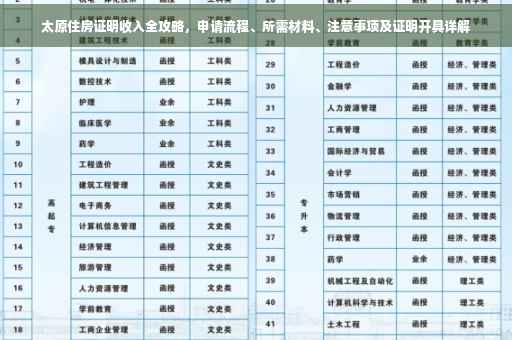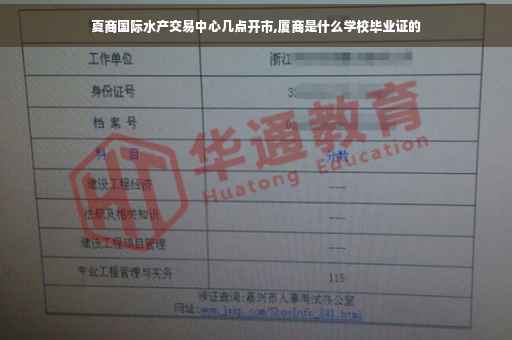工资与收入证明一致性深度探究,英文版探讨火热来袭!
摘要:本文将探讨工资和收入证明的一致性,分析两者之间的差异和联系。通过深入研究,我们将探讨如何确保工资和收入证明的真实性和准确性,以及在企业、个人和社会层面上的影响。这将有助于更好地理解劳动市场和经济状况,为相关决策提供有力支持。
In English-speaking nations, the concepts of salary and income verification hold pivotal importance in various life aspects, including employment, banking, and legal matters. Both salary and income verification are often required to establish one's financial standing, but they possess distinct meanings and nuances.

添加微信好友, 获取更多信息
复制微信号
What is Salary?
The term "salary" in English denotes the remuneration paid to an employee by their employer in exchange for rendered services. Typically, it is a fixed amount paid periodically, such as monthly or annually, and may include various benefits and allowances. Salary is closely associated with full-time employment and is clearly stated in contracts or employment agreements.
What is Income Verification?
"Income verification" refers to the process of providing evidence of one's income, which may include documenting salary but is not limited to it. The verification process encompasses all sources of financial gains, such as part-time jobs, freelancing, investments, rental income, and other income streams. The purpose of income verification varies depending on the context, often related to demonstrating financial capacity for loan applications, rental agreements, or credit card applications.
Are Salary and Income Verification the Same?
Although the terms "salary" and "income" are often used interchangeably, they possess distinct meanings. Salary specifically refers to the remuneration received from employment, while income is a broader term that encompasses all sources of financial gains.
During the income verification process, an individual may need to document both their salary and other sources of income. Therefore, while salary is a component of income verification, they are not entirely synonymous.
The usage of these terms in English depends on the context. For instance, when applying for a job, an individual may be required to provide their salary details as part of the income verification process. In this scenario, salary and income become closely correlated as the employer needs to assess the applicant's financial status, including their employment-related income.
However, in other contexts like banking or legal matters, income verification might require documentation of diverse income streams beyond salary. In these situations, the distinct difference between salary and income becomes more evident.
Conclusion:
In English, although salary and income verification are related, they are not entirely synonymous. Salary denotes the remuneration received from employment, while income represents all sources of financial gains. The process of income verification may involve documenting both salary and other sources of income. Understanding the subtleties between these terms is crucial in various life aspects, especially in situations that require proof of financial status. It is important to note that both terms play pivotal roles in financial matters and understanding their distinct meanings is key to effective communication and decision-making.
相关文章
太原住房证明收入全攻略,申请流程、所需材料、注意事项及证明开具详解
摘要:太原住房证明收入详解,包括申请流程、所需材料和注意事项等内容。申请人需准备相关证件,如身份证、房产证等,前往指定部门提交申请。注意事项包括了解政策规定、确保材料真实有效等。本文旨在帮助申请人全面...
没有高中毕业证能报考成人高考吗,成人高中双证是哪两证
没有高中毕业证能报考成人高考吗您好,根据国家规定,报考成人高考需要有高中毕业证或同等学力证明。如果没有高中毕业证,你可以考虑通过其他方式获得同等学力证明,例如参加学历提升考试或成人教育学历考试,获得相...
云南农业大学普洱校区和昆明校区的毕业证有区别吗,云南省普通高中毕业证图片大全集
云南农业大学普洱校区和昆明校区的毕业证有区别吗没有,毕业证书都是一样的,都得到国家的承认。这些年国家大力发展高等教育,不断地进行改革创新,目的就一个,提高国民素质,培养适应国家快速发展的个才。所以一直...
夏商国际水产交易中心几点开市,厦商是什么学校毕业证的
夏商国际水产交易中心几点开市营业时间为全天24小时。厦商水产品交易中心位于福建省厦门市湖里区港东路,这座传统的水产品交易市场完成了转型升级,与传统的批发交易模式不同,厦商国际水产品交易中心可提供所有水...
高中毕业证要多久才能补办啊,高中毕业证什么时候能补办
高中毕业证要多久才能补办啊按照省教育厅规定,高中毕业证丢失、损坏一律不予补办,不能补发,只发学历证明。如需毕业信息等相关证明,可联系就读的高中学校给予开具。向毕业学校提出学历证明的申请,其与毕业证书有...





